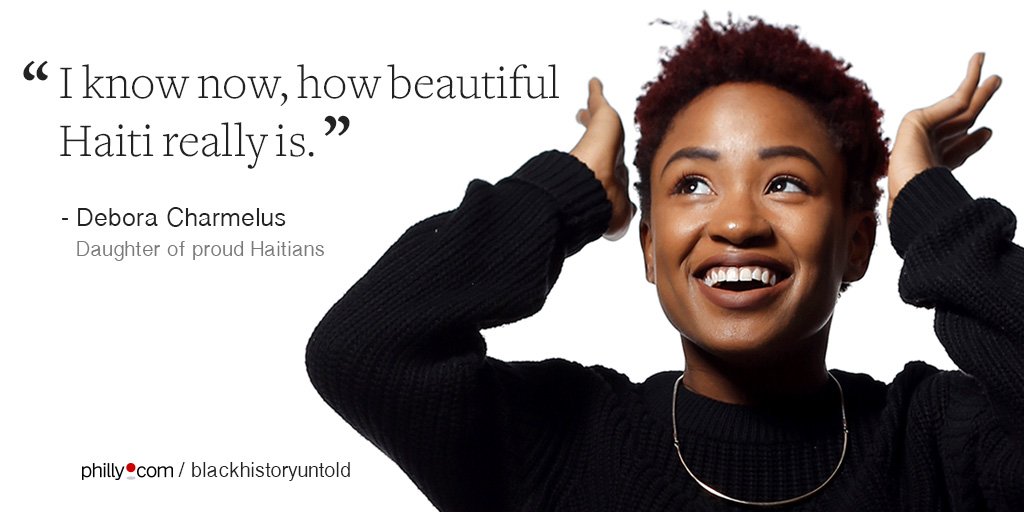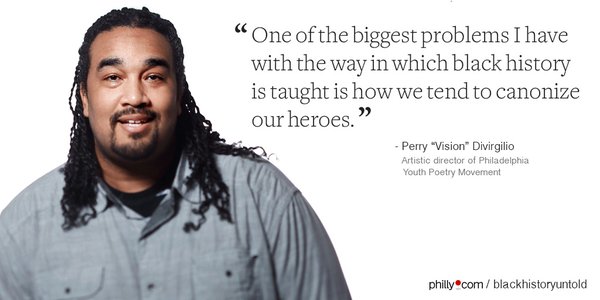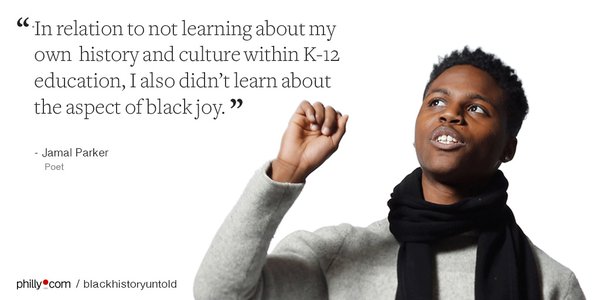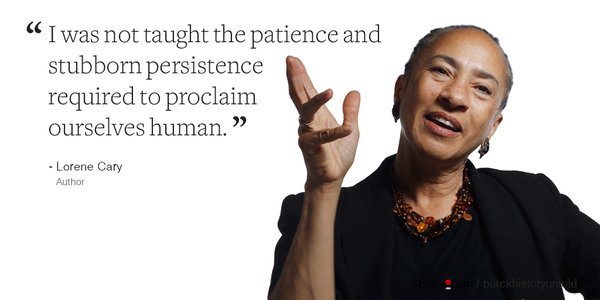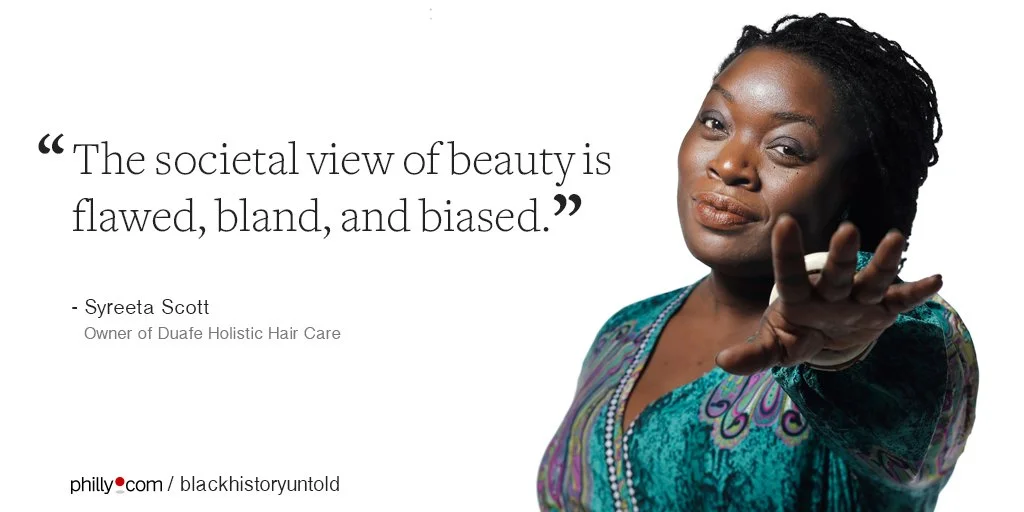Writing the Wrongs with Sofiya Ballin | The Woke Folk
In February's installment of The Woke Folk, we hold a stirring conversation with rising journalist and feature reporter for the Philadelphia Inquirer/Philly.com,Sofiya Ballin. Sofiya, originally from Mount Vernon, New York, is someone who is writing the wrongs in the world of journalism.
Named a 2015 Penny Bender Fuchs Diversity Fellow, Ballin has interviewed mainstream artists, written about trends such as cuffing season and the emergence of Black Twitter, covered major news events such as local Ferguson and Baltimore protests, and has produced digital fashion features, and contributed opinion pieces that speak to the millennial soul. Ballin aims to humanize all walks of life through mentorship and her work.
In our interview, Sofiya discusses her experiences with the lack of diversity within journalism, her dope Black History Untold spread in the Inquirer, the #BlackLivesMatter movement, and her ambitions to change the depictions thereof.
Check it out below:
Can you give us some background on who you are?
I’m a features reporter for the Philadelphia Inquirer/Philly.com. I cover arts/entertainment and lifestyle. I was born and raised in Mt.Vernon, New York to two prideful Jamaican immigrants who taught me never to get it twisted.
Just like the OscarsSoWhite, there recently has been a hashtag called #JournalismSoWhite? Could you elaborate on that and the current climate of Journalism?
I remember reporting a story at a black church and when they found out I was from the Inquirer, they were so shocked and proud. They loved on me so hard. I got to sit next to the pastor, my iced tea was constantly refilled, I was introduced to all the teenagers who were going to college for communications. I loved it. It happens often.
But as great as that treatment and response is, it’s also tragic. They don’t expect me to be working there. I’ve had interviewees walk right by me not thinking I was the reporter. I believe my age also plays a major role. Everyday I walk into the newsroom like I’m Serena Williams because she’s someone who always excels in predominately white arenas. All reporters can get protective of their stories, but as a black reporter I know how fragile black stories are. They’ve been mishandled for hundreds of years. I do my best to make sure messages aren’t misconstrued, that I’m saying what I mean. If I can, I bounce stories off my managing editor who is black or other black reporters...sometimes friends.
Sometimes I feel as though I have to culture-splain my pieces...it gets exhausting. But the work is worth it. Every day I get an email from someone saying they’re happy I’m here.
What things play a role in preventing Journalism from becoming more diverse?
That’s something I’m still trying to figure out. But I know qualified journalists of color exist and many are not being hired.
Sometimes publications have unions with strong seniority clauses, so even if there’s a wave of hires who are of color, when cuts happen, which it does A LOT in this industry, those new hires are the first to go. It makes it very difficult to build on that diversity.
Oftentimes, there’s a certain culture, a very white and male culture, that people want to maintain and they’re afraid it will be dismantled. But anyone not willing to invest in inclusive hiring practices, isn’t invested in their publication’s future.
What role does the Internet - particularly, social media - play in leveling the playing field for Black & Brown people to participate in journalism?
The barriers to entry are little to none. There are so many great black online publications (For Harriet, Blavity, Very Smart Brothas, etc) that are pushing the conversation and challenging “traditional” publications. It’s causing the “trad” media audience to dwindle, because now they look negligent and out of touch, thus pushing these publications to be more inclusive.
Can you talk to us about your latest piece that is running on Philly.com? Black History: What I Wish I Knew.
Can you discuss the significance of such a project?
I noticed that when Black History Month rolled around I was assigned stories that felt very obligatory and lacked depth. But that’s also how Black History is often treated in the classroom. You learn about 4 or 5 historical figures and your history always begins in bondage. Growing up, I saw the kind of damage that kind of diluted black history education can do to the black psyche.
For the black man who told me that black people don’t know how to be successful, I knew he didn’t hear about the rise and destruction of Black Wall Street. For every black person who uses black on black crime as some sort of justification for the police-related deaths circulating timelines and news tickers, I know they haven’t fully comprehended America’s relationship with lynching.
For every black man who downplays the acknowledgement of exploitation and abuse of black women, I know they didn’t learn that gynecology was practiced on enslaved black women without anesthesia. Once you know these things, it doesn’t become hard to understand how mentality can be passed down generation to generation.
It was always one thing when white people made comments like that, it was another when I heard black people doing it. I wanted to challenge and change that.
We’re also not taught how big we are, we often hear people say “Black history is American history.” Black history is world history. There are so many different cultures, colors and complexities that make up us. When choosing participants I wanted to hear the perspectives of the immigrant, the 1st generation American, the Afro-Latinx, bi-racial, the LGBTQ community and different religious backgrounds. I wanted to push the conversation and have that conversation in an unconventional way.
Can you explain the ways in which your love for Black people and Journalism intersect?
A publicist called me once asking if I was on a race beat. Nah. Blackness doesn’t live in response. I write about black people living, loving and liberating. I see the beauty in us and I’m so caught up in the rapture. I just want everyone to be caught up as well. That being said, I do write about the issues we face. The ugly things that prevent us from shining. That’s part of loving us as well.
As a Black female millennial, what are your feelings about the movement for Black Lives and its depictions in the press + media?
To me, Black Lives Matter is an affirmation that unfortunately has had to be reiterated throughout history. As a young black woman, I love seeing black women really standing up, speaking up and being counted. We’ve always been on the frontlines, but now we’re there and with demanding that we fight for ourselves and making sure our issues are addressed.
When it comes to the media, it’s important to be alert of certain language used “riot” vs. “protest.” I remember interviewing DeRay McKesson and he said that he’s noticed the media now says “according to police” or “police say” as opposed to reporting police statements as fact, I’ve noticed that as well.
How important is Black journalism in 2016 in light of the Black Lives Matter Movement?
VERY. When I covered demonstrations, there are people who tell me things that they wouldn’t tell a non-black reporter. I was there when black protestors asked white protestors to circle around them as a protective shield. The idea was that cops wouldn’t arrest or hurt them. That broke my heart. But I understood it. I was one of the people pushed to the center of that circle. I experience what they experienced. I’m treated how they are treated. I gain a totally different perspective.
There have been times when I’ve gotten the accusatory, “You gonna tell the whole truth, sis?” and I tell them I’m going to report what I see. But overall there is a trust there.
What words do you have for other Black millennials who are living in this historic moment beside you?
Don’t let the fight or the struggle, make you miss out or forget all the beauty and freedom that is black.
ASE! WE SALUTE YOU AND WISH YOU NOTHING BUT THE BEST!
To catch Sofiya's latest story, follow her on Twitter.




